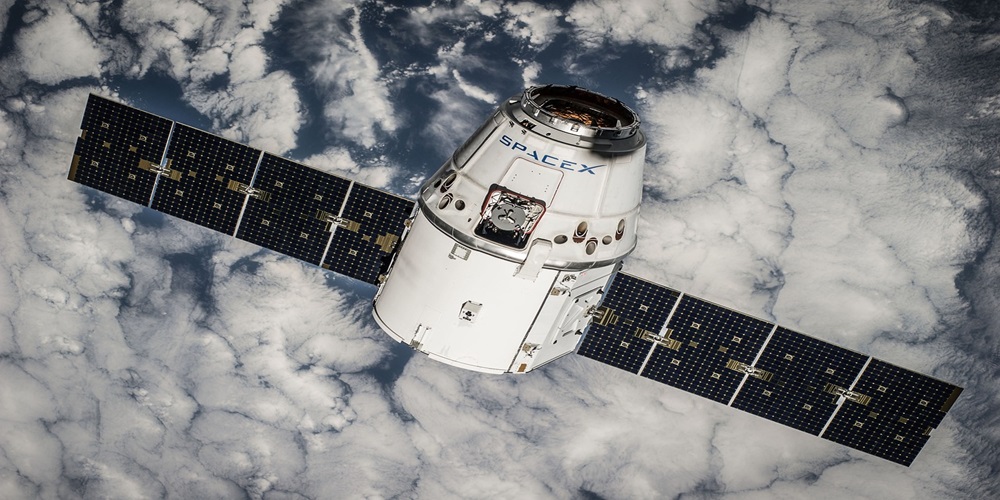Intelsat Announces Terminal Strategy to Power Multi-Orbit Satellite Services

Intelsat has announced a terminal strategy to power multi-orbit satellite services.
Takeaway Points
- Intelsat has announced a terminal strategy to power multi-orbit satellite services.
- Intelsat recently invested in Paris-based Greenerwave and signed a technology agreement to develop an innovative electronically-steerable antenna.
- Multiple orbits and multiple networks, Greenerwave’s Electronically Steered Array (ESA) terminal will add Intelsat custom features to deliver unmatched reliability and performance for a differentiated connectivity experience for broadband, etc.
Intelsat, operator of one of the world’s largest integrated satellite and terrestrial networks and leading provider of in-flight connectivity (IFC), said on Monday that it will be the first operator in the world to offer multi-orbit solutions for all relevant business units by the first half of 2025 thanks to a new satellite terminal strategy that will deliver advanced capabilities and improved economics.
Intelsat CEO David Wajsgras said, “Intelsat is making strategic bets on new technologies, including new investments in innovative terminal providers. More and more customers will come to count on the broad reliability profile of multi-orbit solutions, and it is key to our future success. No single-orbit solution can match what Intelsat can offer when it comes to performance, resiliency and commercial flexibility.”
Wajsgras added, “Intelsat began the process of delivering operational multi-orbit terminals to the military and commercial airlines about two years ago. Today, our multi-orbit strategy is resonating with customers and validating our approach. Strategic investments with terminal providers allow us to work in partnership to bring these technologies to market faster while delivering a step change in the customer experience.”
According to the report, Intelsat recently invested in Paris-based Greenerwave and signed a technology agreement to develop an innovative electronically-steerable antenna that will be integrated into high-throughput, multi-orbit terminals for network and data applications as well.
Multiple orbits and multiple networks, Greenerwave’s Electronically Steered Array (ESA) terminal will add Intelsat custom features to deliver unmatched reliability and performance for a differentiated connectivity experience for broadband, mobility, media, and government customers worldwide, Intelsat said.
About Intelsat
Intelsat’s global team of professionals is focused on providing seamless and secure, satellite-based communications to government, NGO and commercial customers through the company’s next-generation worldwide network and managed services. Bridging the digital divide by operating one of the world’s largest and most advanced satellite fleet and connectivity infrastructures, Intelsat enables people and their tools to speak over oceans, see across continents and listen through the skies to communicate, cooperate and coexist. Since its founding six decades ago, the company has been synonymous with satellite-industry “firsts” in service to its customers and the planet. Leaning on a legacy of innovation and focusing on addressing a new generation of challenges Intelsat team members now have their sights on the “next firsts” in space as they disrupt the field and lead in the digital transformation of the industry.
About Greenerwave
Greenerwave is an industrial deeptech founded in 2015 by researchers Geoffroy Lerosey and Mathias Fink, spin-off from the Langevin Institute, dependent on CNRS and ESPCI-PSL (École supérieure de physique et de chimie industrielles de Paris). Specializing in the control and orientation of electromagnetic waves, Greenerwave designs and develops, in France, a revolutionary technology that drastically improves the energy efficiency of equipment, making it more economical, more environmentally friendly and less dependent on semi-conductors. This disruptive technology is finds application across various sectors, ranging from the automotive industry to satellite communications and the Internet of Things.





